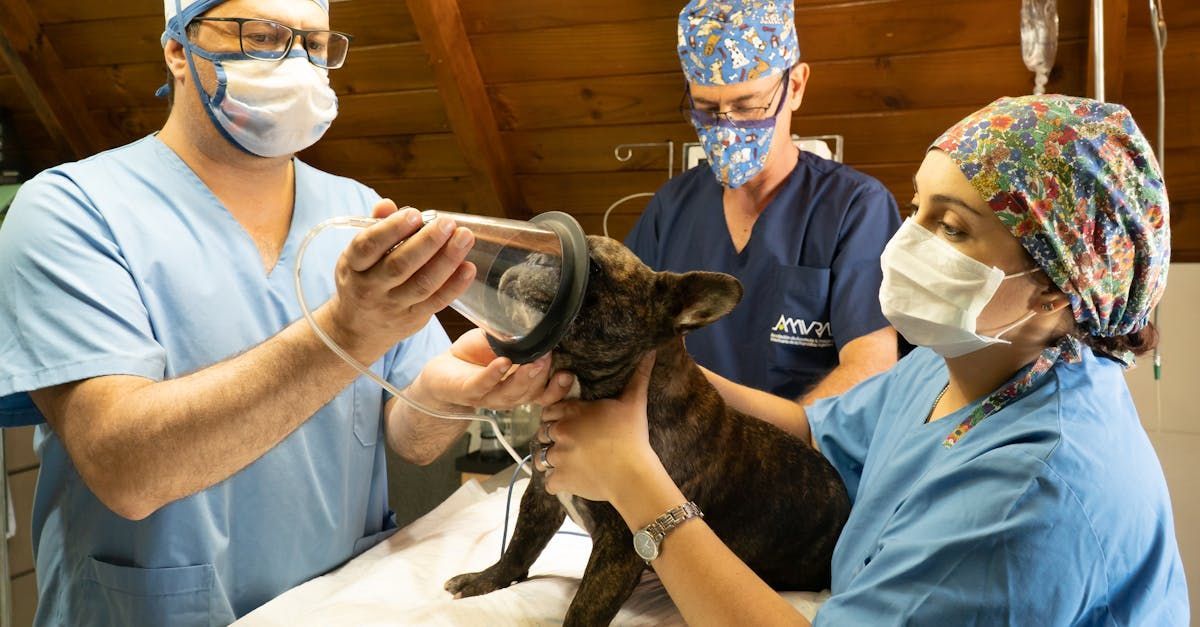A Comprehensive Guide to Puppy Vaccination Schedule
What Rescues Provide and What New Owners Need to Know
Welcoming a new puppy into your home is an exciting time, but it also comes with the responsibility of ensuring their health and well-being. Vaccinations play a crucial role in protecting your puppy from potentially deadly diseases and building their immune system. In this blog post, we will discuss the typical vaccination schedule that rescues provide for new puppies and outline which vaccines new owners may need to administer themselves or seek a veterinarian's help with.
Rescue-Provided Vaccines:
When you adopt a puppy from a rescue or shelter, they often provide initial vaccinations to protect the puppy from common diseases. These vaccines may include:
1. Distemper: A highly contagious viral disease that affects a dog's respiratory, gastrointestinal, and nervous systems.
2. Parvovirus: A severe and often fatal viral infection that attacks a dog's gastrointestinal tract.
3. Adenovirus: Also known as canine hepatitis, this virus affects a dog's liver and respiratory system.
4. Parainfluenza: A respiratory virus that can contribute to kennel cough.
5. Rabies: A fatal viral disease that affects the central nervous system and is transmissible to humans.
These core vaccines are essential for your puppy's health and are typically administered in a series of shots to ensure adequate protection.
Vaccines New Owners Need to Consider:
While rescues often provide initial vaccinations, new owners may need to continue the vaccination schedule and consider additional vaccines based on their puppy's age, lifestyle and risk factors. Some vaccines that new owners may need to administer or consult a veterinarian about include:
1. Bordetella: Also known as kennel cough, this vaccine protects against a highly contagious respiratory infection common in places where dogs congregate, such as boarding facilities or dog parks.
2. Leptospirosis: A bacterial disease that can be transmitted to humans and other animals through contaminated water sources.
3. Lyme Disease: Transmitted by ticks, this vaccine protects against a bacterial infection that can cause joint pain and other serious health issues.
4. Canine Influenza: Protects against the canine influenza virus, which can cause respiratory illness in dogs.
It's essential to discuss your puppy's lifestyle, environment, and potential exposure to certain diseases with your veterinarian to determine which additional vaccines are necessary.
Vaccination Schedule:
The vaccination schedule for puppies typically involves a series of shots given at specific intervals to ensure optimal protection. The schedule may vary slightly depending on the individual puppy's age, health status, and previous vaccinations. A typical vaccination schedule may look like this:
- 6-8 weeks: Distemper, Parvovirus, Adenovirus, Parainfluenza (first round)
- 10-12 weeks: Distemper, Parvovirus, Adenovirus, Parainfluenza (second round)
- 14-16 weeks: Distemper, Parvovirus, Adenovirus, Parainfluenza (final round), Rabies
- Additional vaccines as recommended by your veterinarian
Conclusion:
Ensuring your new puppy receives the necessary vaccinations is essential for their health and well-being. While rescues often provide initial vaccines, new owners should continue the vaccination schedule and consider additional vaccines based on their puppy's lifestyle and risk factors. Consulting with a veterinarian and following a tailored vaccination schedule will help protect your puppy from preventable diseases and set them up for a healthy and happy life. Remember, vaccination is a crucial part of responsible pet ownership and plays a significant role in keeping your furry friend safe and protected.













